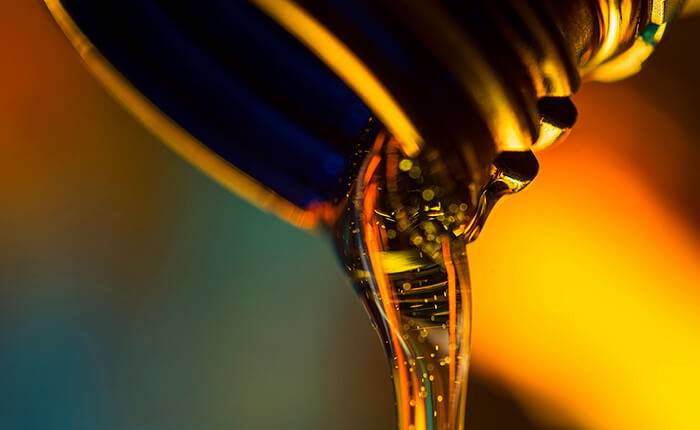Dec . 22, 2024 00:22 Back to list
hdpe irrigation pipe
The Benefits of HDPE Irrigation Pipes in Modern Agriculture
Irrigation is a fundamental aspect of modern agriculture, ensuring that crops receive the necessary water to thrive, especially in regions where rainfall is inconsistent. Among the various materials used for irrigation piping, high-density polyethylene (HDPE) has emerged as an exceptional choice due to its unique properties and advantages.
What is HDPE?
High-density polyethylene (HDPE) is a type of thermoplastic polymer made from petroleum. It is known for its high strength-to-density ratio and durability, which makes it ideal for various applications, including irrigation systems. HDPE pipes are produced through a process that creates a flexible, robust material resistant to various environmental factors.
Advantages of HDPE Irrigation Pipes
1. Durability HDPE pipes are highly resistant to corrosion and chemical damage, ensuring a long lifespan even in harsh environmental conditions. Unlike traditional materials such as steel or concrete, HDPE does not rust or degrade over time, making it a cost-effective solution for irrigation infrastructure.
2. Flexibility One of the standout features of HDPE pipes is their flexibility. This flexibility allows for easy installation and adaptation to different terrains, whether flat fields or hilly landscapes. Farmers can bend and shape the pipes to fit their irrigation needs without compromising the integrity of the system.
hdpe irrigation pipe

3. Reduced Leakage The fusion welding technique used in HDPE pipe joints creates seamless connections, significantly reducing the chances of leaks. This characteristic leads to improved water conservation, as less water is wasted during delivery to crops. In a time when sustainability is paramount, efficient water usage is essential.
4. Lightweight Compared to traditional materials, HDPE pipes are much lighter, which simplifies transportation and handling. This weight advantage translates to reduced labor costs and easier installation processes, benefiting farmers who may not have access to heavy machinery.
5. Cost-Effectiveness The initial investment in HDPE irrigation systems may be higher than traditional types. Still, the long-term savings from reduced maintenance, replacement, and water waste often outweigh these costs. Additionally, the longevity of HDPE pipes ensures that farmers will not need to frequently replace their irrigation systems.
6. Environmental Benefits As agriculture faces increasing scrutiny regarding its environmental impact, HDPE pipes contribute to more sustainable practices. Their resistance to degradation means less plastic pollution in landfills, and their role in efficient irrigation helps conserve this precious natural resource.
7. Versatility HDPE pipes are versatile and can be used in various irrigation systems, including drip, sprinkler, and surface irrigation. This adaptability allows farmers to choose the most effective method for their specific crops and soil conditions.
Conclusion
In summary, HDPE irrigation pipes represent a significant advancement in agricultural technology. Their durability, flexibility, and efficiency make them an ideal choice for farmers looking to maximize crop yields while minimizing resource waste. As agriculture continues to evolve and respond to global challenges such as climate change and water scarcity, HDPE pipes will undoubtedly play a crucial role in developing sustainable farming practices. By investing in modern irrigation solutions like HDPE, farmers can secure not just their livelihoods but also the future of agriculture.
-
Durable PP Rigid Sheet: Lightweight, Chemical Resistant Solutions
NewsAug.21,2025
-
PVC Grey Sheet for Extraction: Chemical Resistant & Durable
NewsAug.19,2025
-
Durable PVC Pipe Fittings for Plumbing & Irrigation Needs
NewsAug.18,2025
-
HDPE Steel Belt Reinforced Spiral Corrugated Pipe | High Strength
NewsAug.17,2025
-
HDPE Pipe Fittings: Durable, Leak-Proof Solutions
NewsAug.16,2025
-
Premium CPVC Sheet: High-Temp & Chemical Resistant Solutions
NewsAug.15,2025

